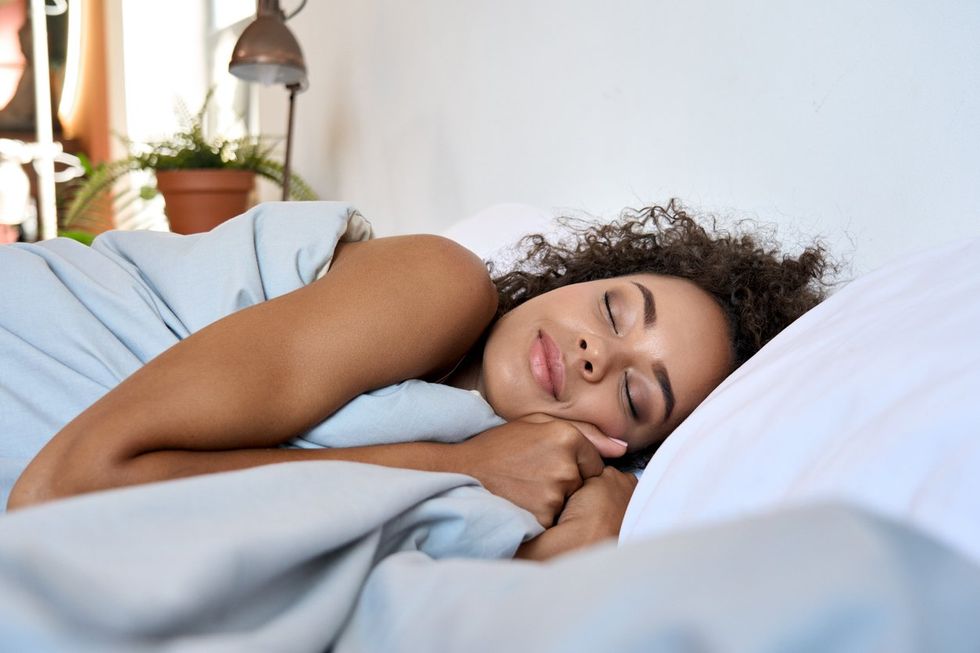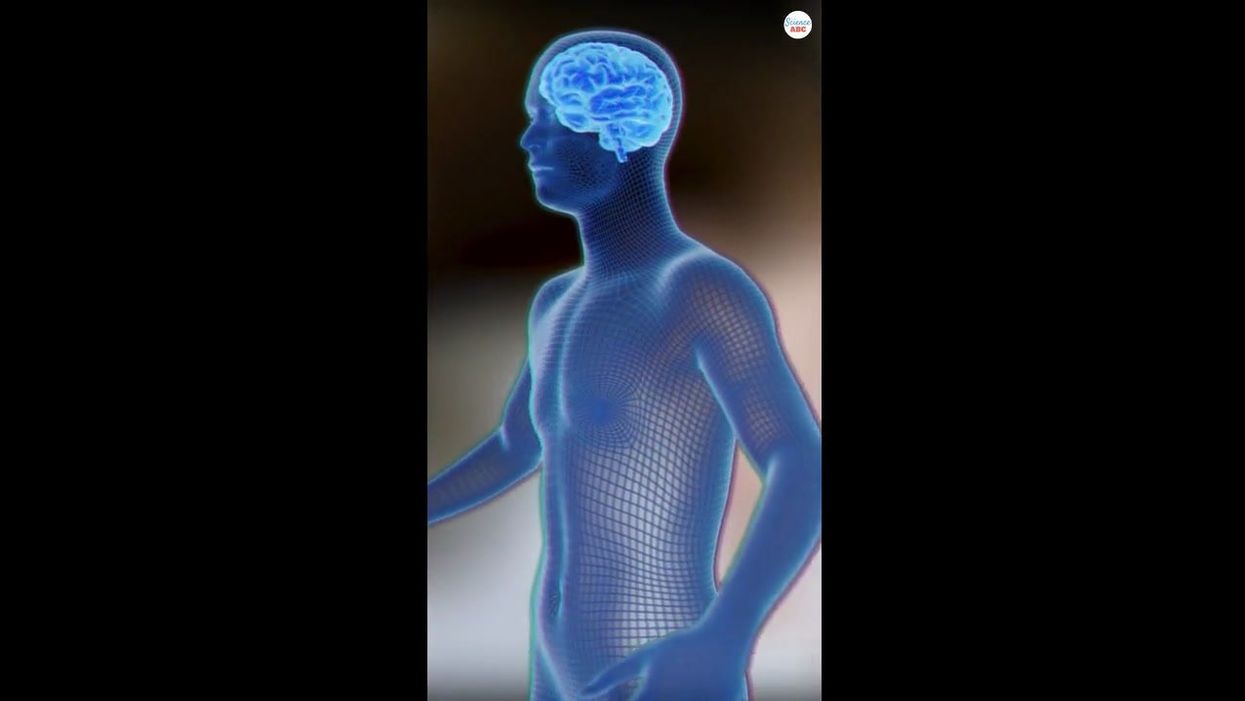Mouth taping is TikTok’s newest health trend, reaching over 118 million views, as people their attempt to get better sleep.
From this, people are clearly keen to learn more as, searches around its benefits have increased by 800 percent in the past month, as well as searches for “tips for improving sleep quality” increasing by 600 per cent.
Experts at Protein Works give their insight into the trend, as well as provide useful tips on how to promote a better and healthier night sleep as users take to the app claiming its multiple benefits.
Mouth taping is the practice of taping your mouth shut at night before bed, with some people believing that this can help them avoid the negative effects of mouth breathing, such as dry mouth, snoring, and sleep apnea as well as improve overall quality of sleep.

The growing trend has resulted in the hashtag #mouthtaping reaching over 118 million views.
However, it is important to err on the side of caution, as Kyle Crowley, a health expert at Protein Works explained.
“Despite the increase in information on social media surrounding the mouth-taping trend, there is a distinct lack of scientific research backing its benefits," Crowley said.
"Whilst there have been some studies conducted in 2022[1], these were only small and short-termed and can in no way represent the long-term effectiveness for a larger population.
“With such limited evidence on the trend, I would recommend being cautious about trying mouth taping, and always consult a doctor before making any lifestyle changes such as these.
He added: "There are many alternative nutritional and lifestyle habits which people can implement which can provide similar benefits as well as have the security of being more thoroughly researched.”
Tips to promote a healthier night’s sleep
1. Reduce blue light exposure
Searches for “blue light exposure before bed” increase by 250 per cent in the past month
“Blue light can affect your circadian rhythm, by tricking your brain into thinking it’s daytime. Blue light suppresses the production of melatonin, which is needed to help you relax and get deep sleep at night," Crowley said.
“To avoid blue light before bed, stop watching TV, using your phone or having any bright lights on, around 2 hours before bed. Some ways to reduce the time you spend on your phone at night is to set up time limits on social media apps, putting your phone on silent and leaving your phone in another room when you go to bed.”
2. Take sleep supplements
Searches for "Best sleep supplements" soar by 5,800 per cent over the past month
“Taking supplements to help achieve a better night's sleep can be beneficial for many people. One example is Protein Works Sleep Deep supplement, containing an innovative blend of 8 science-backed active ingredients including soothing plant extracts, calming amino acids, and essential minerals to help you get your best night’s sleep.”
“There is a lot of confusion when it comes to sleep aids such as supplements, but with the addition of L-Tryptophan in Protein Works capsules they are able to aid in optimal relaxation and help signal to your body to build serotonin.”
3. Increase exposure to daylight
Searches for “does sunlight help you sleep better” have increased by 165 per cent in the past month
“Your body has a natural internal clock, which regulates your brain, body, and hormones, helping you stay awake during the day and feel sleepy at night. By getting the most sunlight possible throughout the day you can regulate your circadian rhythm and in turn get a better night sleep.”
4. Don’t consume caffeine late in the day
“How long before bed to stop having caffeine” searches soar by 300 per cent
“Caffeine affects everybody differently, despite the benefits of caffeine it can also have a negative effect on sleep if consumed too late in the day. Drinking coffee later than 3-4pm in the day can be detrimental to your sleep if you are sensitive to the effects of caffeine.”
“Alternative options for hot drinks later in the day are herbal teas such as peppermint tea to help with digestion or chamomile for its calming effects. Drinking lots of water and other hydrating drinks can help sleep significantly as being dehydrated is linked to a reduced production of melatonin.”
Disclaimer: The information in this press release is not intended to be a substitute for professional medical advice. Please consult a doctor before making any changes to your diet or taking any supplements.
Sign up to our free Indy100 weekly newsletter
Have your say in our news democracy. Click the upvote icon at the top of the page to help raise this article through the indy100 rankings.














